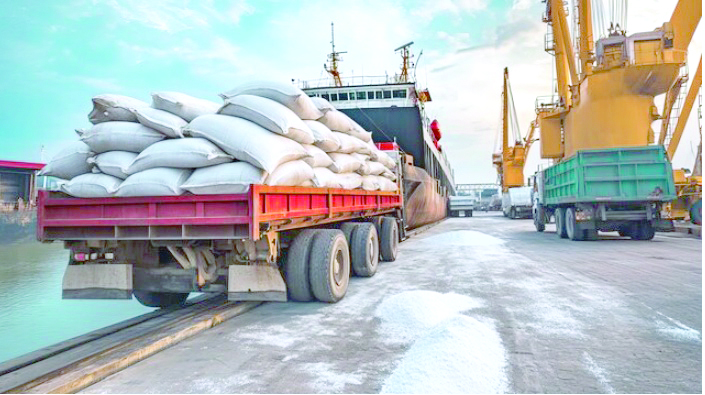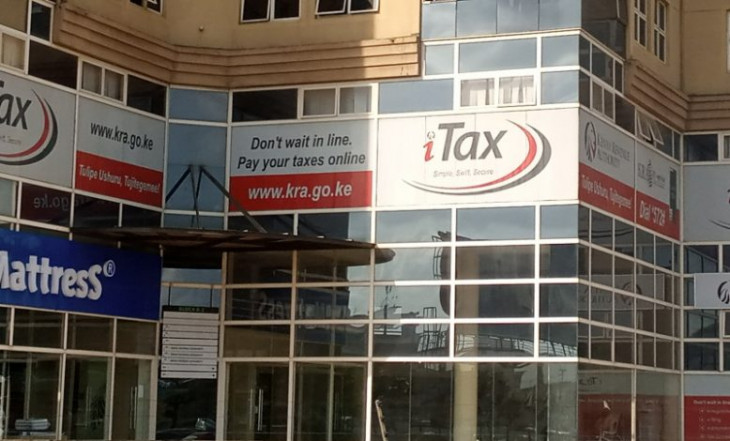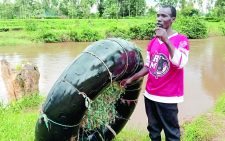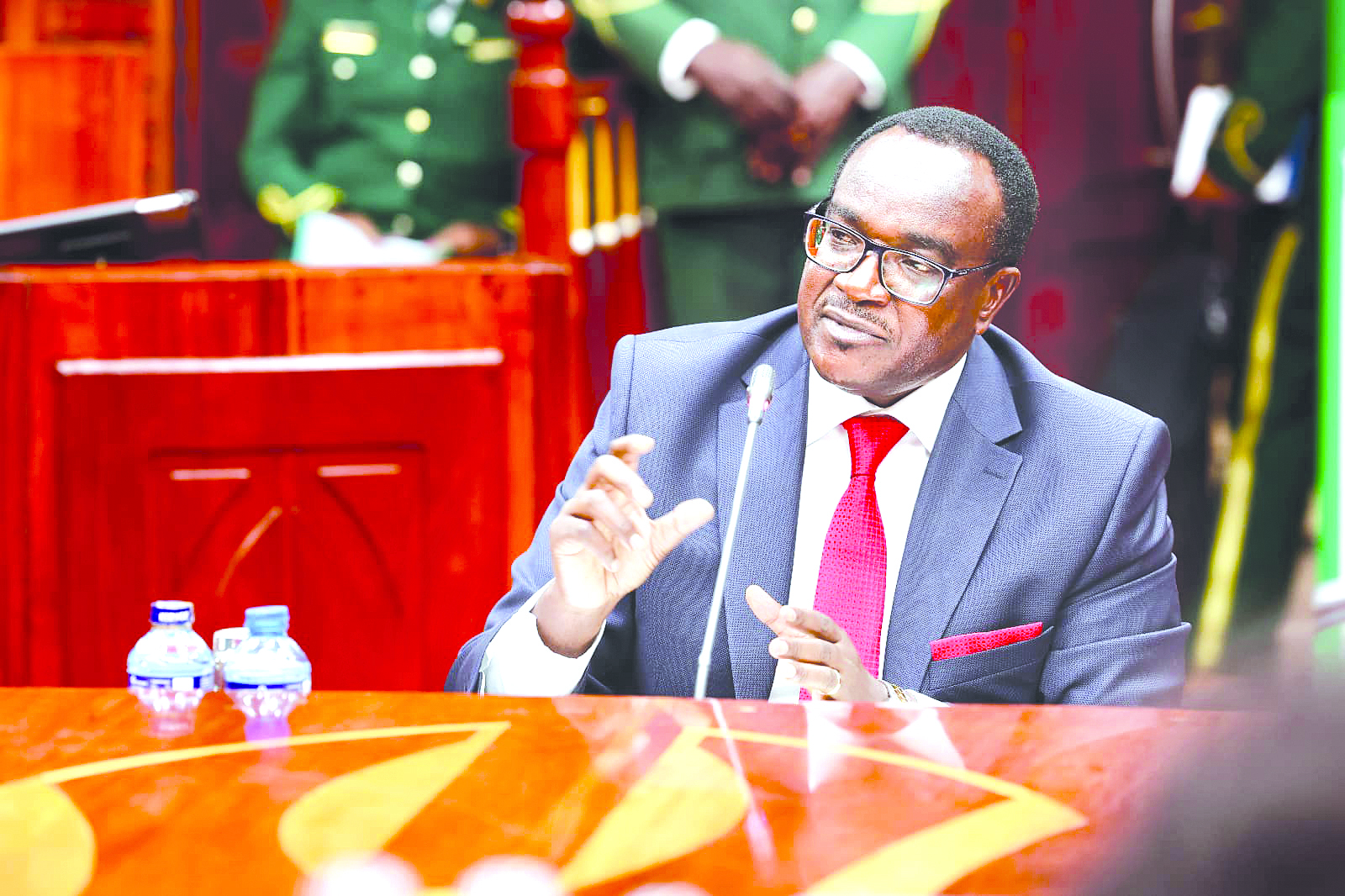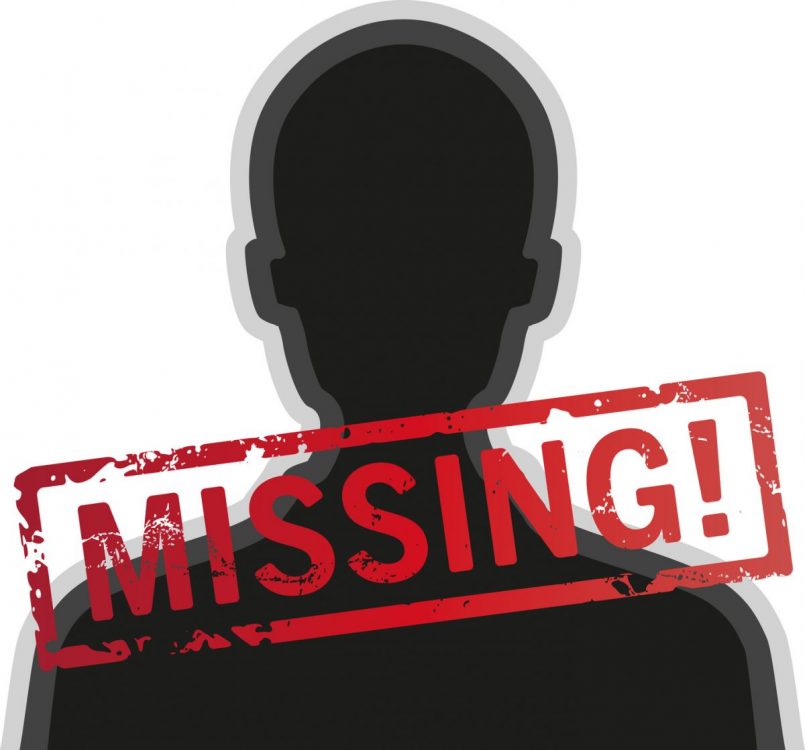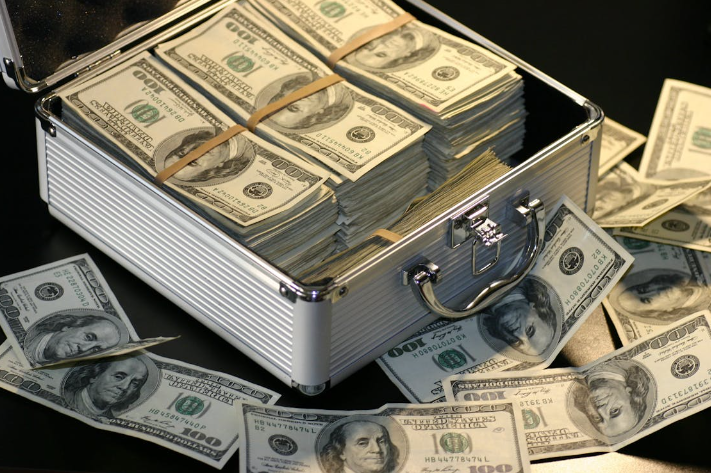All stakeholders must join war against illicit brews
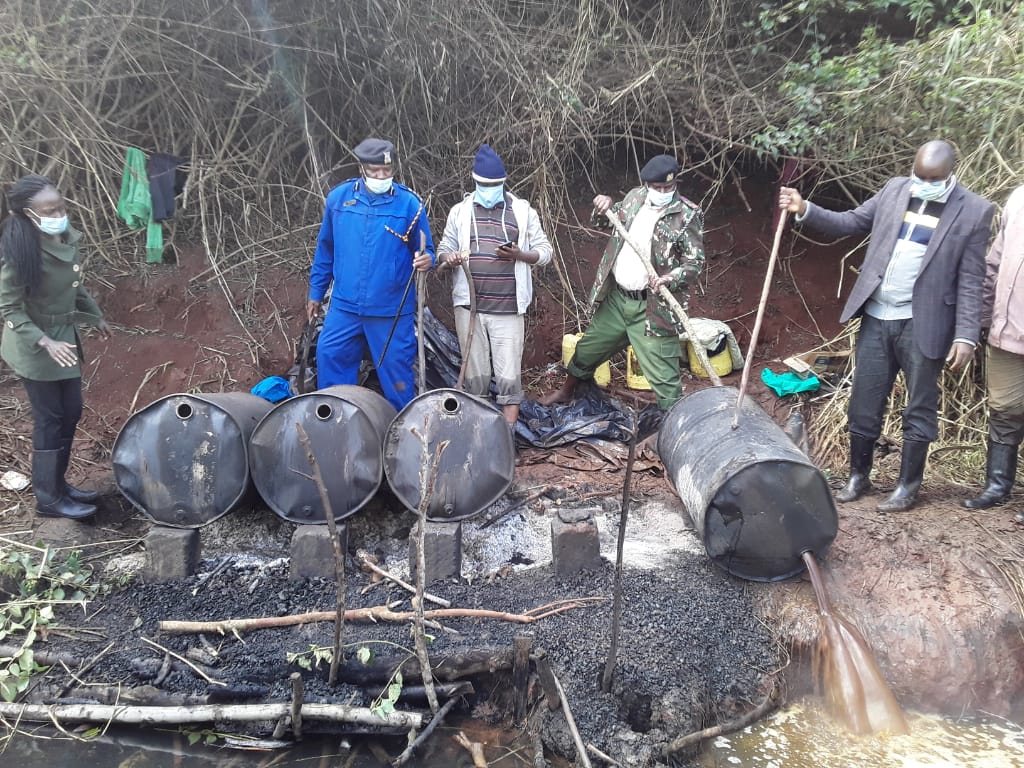
Simon Mwangi
Early last year, the National Authority for the Campaign Against Alcohol and Drug Abuse (Nacada) issued a public statement reminding alcohol importers and exporters of the requirement to acquire a license from the agency.
This followed a resolution by a multi-agency team comprising representatives from the Ministry of Interior and Coordination of National Government, the Kenya Revenue Authority (KRA), Kenya Bureau of Standards (KEBS), Council of Governors (CoG) and other bodies involved in the regulation of international trade.
In the long run, this move is aimed at ensuring the safety of alcoholic drinks consumed in Kenya as well as protecting consumers of Kenyan alcoholic beverages internationally.
But the main issue is that manufacturers, importers and exporters of alcoholic beverages have a cardinal duty of safeguarding the lives of consumers of their products.
During the electioneering period, it has been observed that cases of consumption of counterfeit and illicit alcohol typically increase. In the most severe cases, loss of lives is reported while others end up blind or with damaged organs.
Just to demonstrate the severity of the proliferation of illicit and counterfeit alcohol in the Kenyan market, KRA in May netted illicit liquor worth Sh1.4 million during an anti-illicit trade operation.
Early September, the Interior ministry declared a nationwide Rapid Results Initiative against illicit and counterfeit alcohol. The campaign was spearheaded by Nacada.
In the ongoing operation which is being conducted across the country and which brings together multi agency teams from various government organisations, counterfeited alcoholic beverages have been confiscated.
Similarly, hundreds of thousands of litres of illicit brews have been netted and culprits arraigned to face various charges.
Illegal traders usually take advantage of fast moving products and counterfeit them hence causing unfair competition to those doing legitimate business and depriving the country of revenue.
Negative connotations to do with alcohol often lie within the confines of quality and the amounts consumed.
Irresponsible drinking is a recipe for social disorder and is a health risk. Checks and balances are, therefore, necessary.
It is with this in mind that the sector has to vigorously advocate against illicit and counterfeit drinks.
The sector should also work closely with regulators to ensure that unscrupulous dealers are uprooted and dealt with in line with the law.
Illicit liquor means health concerns for the consumers, loss of excise duty and ballooning health expenses. For industry players, it means loss of business, revenue and jobs.
Some of the drinks are mostly smuggled in. Some are counterfeits and others parallel imports, infringing on the distributors’ rights. Others use fake stamps to get original alcohol into the market.
Illicit trade has very serious implications that affect all the concerned players, right from the manufactures conducting their business within the confines of the law to the unsuspecting consumers who might end up consuming potentially hazardous products. Illicit trade also denies the government its due revenue. — The writer is the corporate communications manager at Nacada
